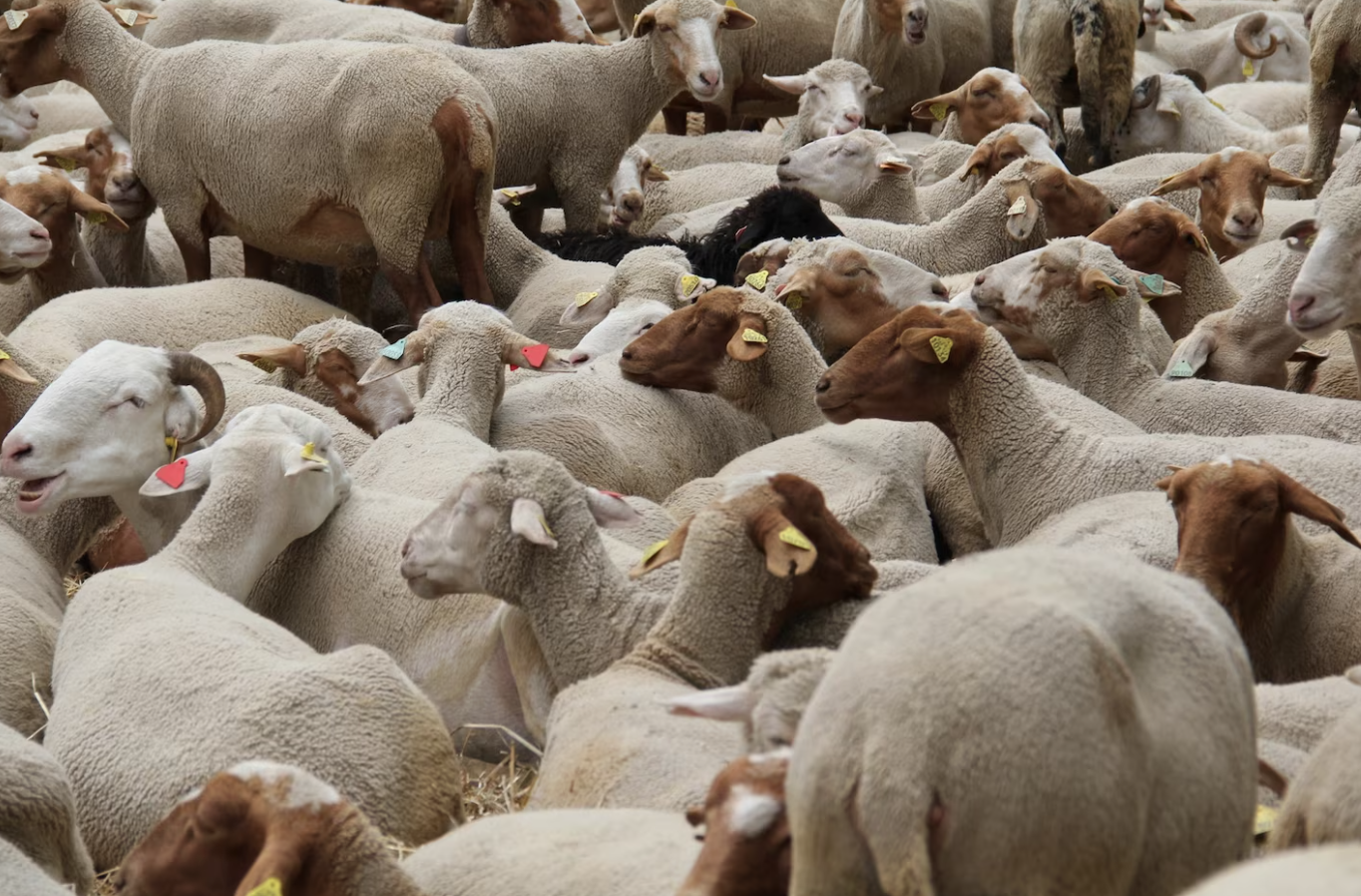The Impact of Factory Farming: Environmental and Health Issues and Solutions

Factory farming, also known as industrial agriculture, is a method of mass-producing food that involves keeping a large number of animals in confined spaces. This practice was developed as a way to meet the growing demand for meat, dairy, and eggs at a lower cost. While it has helped to provide cheap and plentiful food, it has also had significant environmental and health impacts.

In traditional domestic farming, animals were kept in smaller groups, and they were free to roam and graze on open land. The farming practices were more in tune with nature, and animals were generally treated with more care and respect. However, as the demand for meat and dairy products increased, farmers began to look for ways to produce more food at a lower cost.

Factory farming emerged as a way to achieve this goal, using a system that prioritizes efficiency and cost-effectiveness over animal welfare and environmental sustainability. Animals are kept in confined spaces, often in cages or small pens, with little room to move or exercise. They are fed a diet of corn and soy, which is designed to fatten them up quickly, and they are often given antibiotics to prevent disease outbreaks in overcrowded conditions.

The problems associated with factory farming are numerous. First and foremost, the environmental impact is staggering. The massive amounts of waste generated by factory farms can contaminate soil and water, leading to air and water pollution. The use of antibiotics in these operations can also lead to the development of antibiotic-resistant bacteria, which can pose a significant threat to public health.

In addition to the environmental impact, factory farming also has significant health impacts. The animals are often given hormones and antibiotics, which can be passed on to humans through the food chain. Studies have linked these practices to a range of health problems, including obesity, heart disease, and cancer.

Despite these challenges, there are solutions to the problems associated with factory farming. One approach is to support small-scale, sustainable farming practices that prioritize animal welfare and environmental sustainability. Consumers can also make a difference by choosing to buy meat, dairy, and eggs from farms that use these practices. Additionally, government regulations and incentives can be put in place to encourage more sustainable and humane farming practices.

Another solution is to reduce our overall consumption of animal products. Eating less meat and dairy can have a significant impact on reducing the demand for factory-farmed products, which in turn can lead to a reduction in the environmental and health impacts associated with these practices.

In conclusion, factory farming is a method of mass-producing food that has significant environmental and health impacts. While it has helped to provide cheap and plentiful food, it has also led to the exploitation of animals, the contamination of soil and water, and the development of antibiotic-resistant bacteria. However, by supporting sustainable and humane farming practices and reducing our overall consumption of animal products, we can work towards a more sustainable and ethical food system.









